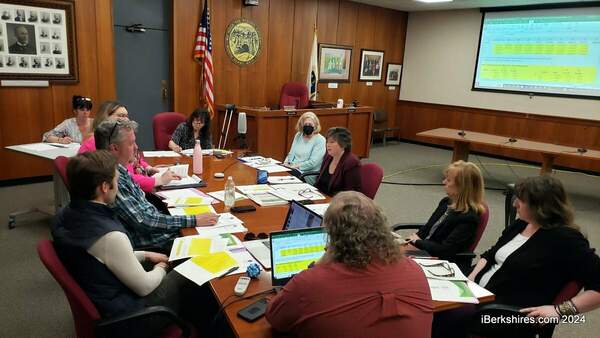MCLA to Hold Fall Day of Service Oct. 15
NORTH ADAMS, Mass. — The Massachusetts College of Liberal Arts will hold its annual Fall Day of Service on Saturday, Oct. 15.
Students, faculty, and staff at MCLA will gather on campus at Venable Gym, then travel to different locations in the Northern Berkshires to do volunteer work.
The day runs from noon to 4 p.m. kicking off with remarks from MCLA President James F. Birge, Ph.D., and North Adams Mayor Jennifer Macksey. Participants are welcome to begin the day with a pizza lunch and transportation will be provided to the various volunteer sites after the speakers conclude.
Coordinated by the MCLA Volunteer Center, this event is an annual tradition. Members of the public are welcome to roll up their sleeves and volunteer as well.
To mitigate on-campus traffic, community volunteers will meet MCLA groups at respective volunteer sites. Service concludes between 3:30 and 4 p.m. when volunteers will return to campus. There is no speaking segment at the end of the event.
Volunteers can register for participation at this link: https://bit.ly/3SDaQLn
Volunteer Sites
Louison House
Friendship Center Food Pantry
Windowdressers
Mobile Trash Cleanup
The Greylock Glen
Northern Berkshire YMCA
Tags: MCLA, volunteers,















